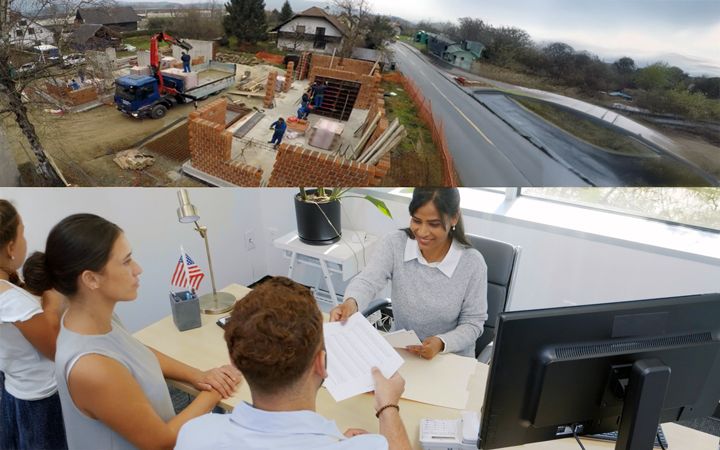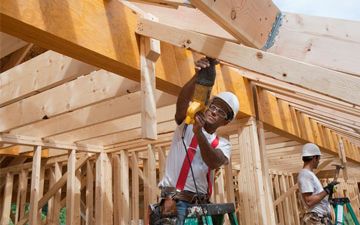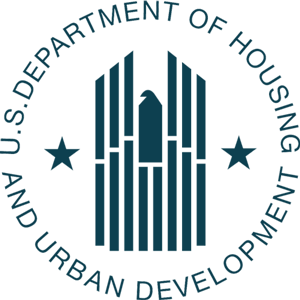Disaster management
Helping communities prepare for, recover from, and build resilience to disasters.
Your preparedness, recovery, and mitigation partner
We help state and local leaders tackle disaster challenges, build long-term resilience, and secure recovery and mitigation funding to support their communities.
25 years
supporting FEMA-funded recovery efforts
26 years
managing and implementing CBDG-DR programs
170+
state/local entities served
Supporting communities across the disaster lifecycle
Featured work
Our services
Preparedness
- Comprehensive preparedness plans
- Post-disaster operations
- Compliant project execution
- Federal and state funding expertise
- Tailored funding strategies for our clients
- Including FHWA, EPA, HHS, and SBA
- Funding reimbursements
- Automation
- Time-to-project formulation
- Data management systems
- Mitigation strategies
- Training and technical assistance
Program design
- Hazards and risk analysis
- Economic impact analysis
- Risk management and insurance
- Adaptation and resilience solutions
- Determining the administrative model
- Building staff capacity
- Connecting the need with the appropriate solution:
- Housing
- Infrastructure resilience
- Economic revitalization and workforce development
Program management
- Public services
- Program management
- Communications and outreach
- Environmental reviews and historic preservation
- Intake and eligibility determination
- Project formulation
- Case and grants management
- Procurement and contract management
- Strategies for combining federal recovery sources
- Relocation services
- Reporting and analytics
- Compliance and monitoring
Grants management solutions
Making the grants management process simple and seamless for grantees, governments, and private businesses—to get people the help they need, fast.
Our grants management services
Upcoming events and webinars
Featured experts
Amber Madden
Vice President of Sales for Disaster & Grant Management
Program expertise
HUD
- CDBG-DR
- CDBG-MIT
- Housing
- Buyouts
- Infrastructure
- Economic Revitalization
- Using CDBG-DR as match
FEMA
- Public Assistance
- Hazard Mitigation Assistance
- HMGP (404)
- FEMA BRIC
- Flood Mitigation Assistance (FMA)
- Individual Assistance
- Fire Management Assistance Grants (FMAGS)
Additional funding
We help clients maximize the full suite of federal recovery funding dollars including FHWA, EPA, HHS, and SBA.






